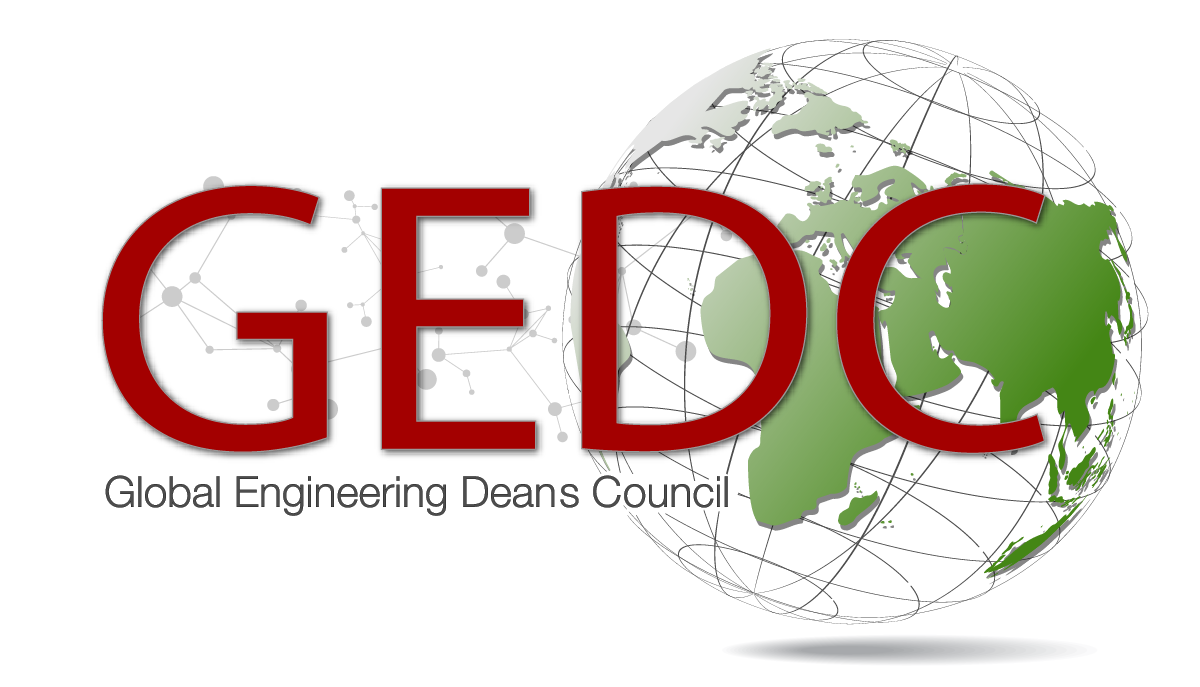Contemporary engineering educators are being challenged to graduate engineers who are technically proficient, expert analysts and problem-solvers, empathetic, self-aware, interculturally competent, can work in multidisciplinary, diverse teams, and excellent communicators.
Another challenging aspect of designing engineering programmes for the future lies in navigating the very real constraints of many higher education environments: large classes and overworked lecturers; limited access to digital resources; limited opportunities for project-based learning that provide real-world engineering scenarios, especially in communities where opportunities for industry-academia collaboration is limited.
While the past decades have seen the massification and democratisation of education, there is also a widening gap between highly and poorly resourced educational environments. For those who are teaching and facilitating learning experiences in constrained systems, meeting the current demands of engineering curricula can seem overwhelming and disheartening.
However, by using models for holistic and integrated learning, it is possible to reframe your teaching and learning practice so that we can meet these demands within constrained contexts.
This webinar will continue to use the community of practice, collaborative learning approach that has been prevalent in this workshop series.

Prof Deborah Blaine started her position as Senior Lecturer in the Mechanical and Mechatronics Department at the University of Stellenbosch in January 2007. Since January 2007 Debby is a senior lecturer in Mechanical Engineering at Stellenbosch University, focusing on Materials research. She was Deputy Manager of the Materials Research and Development team at a sintered valve seat insert and valve guide manufacturer, Bleistahl Produktions GmbH & Co. KG, Germany for 2006, following a 6-month training period at the company.

